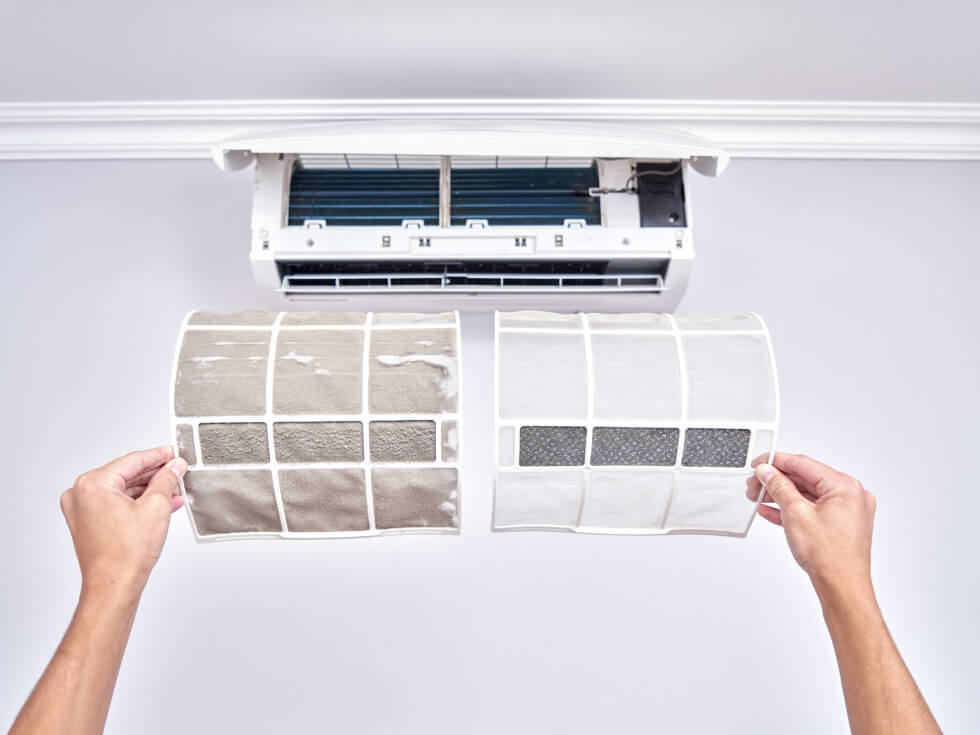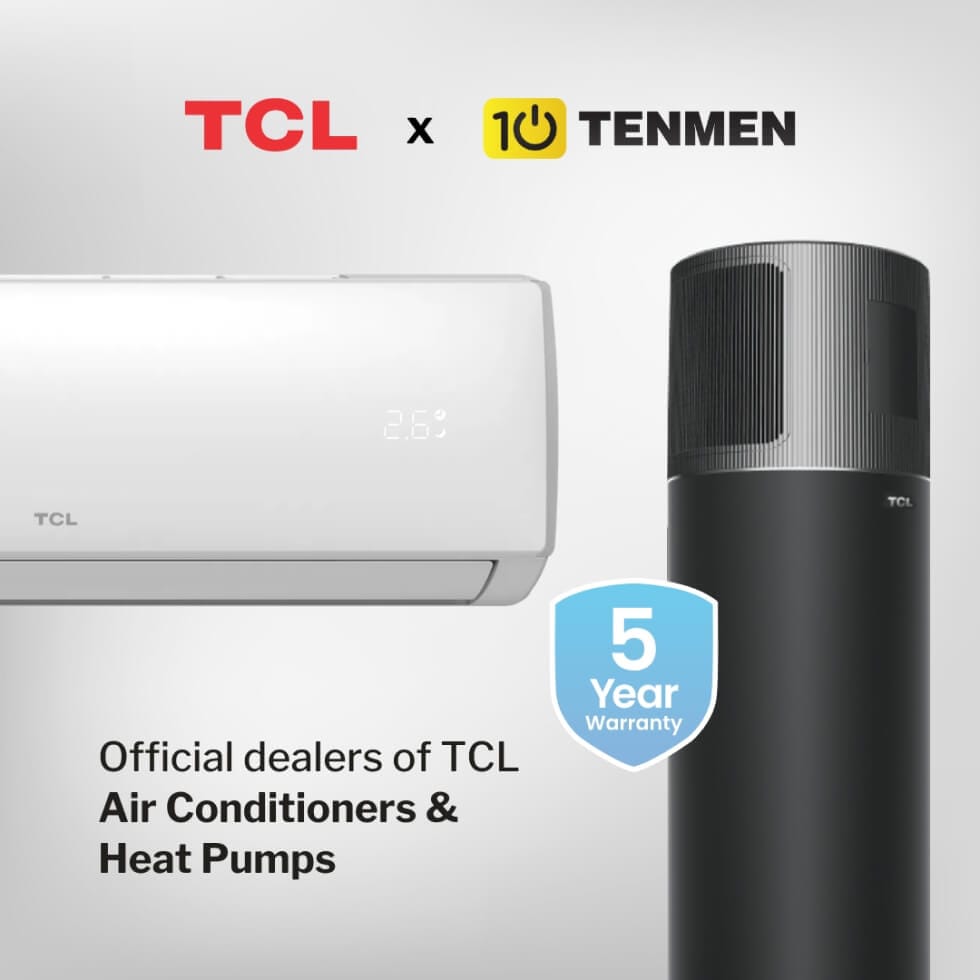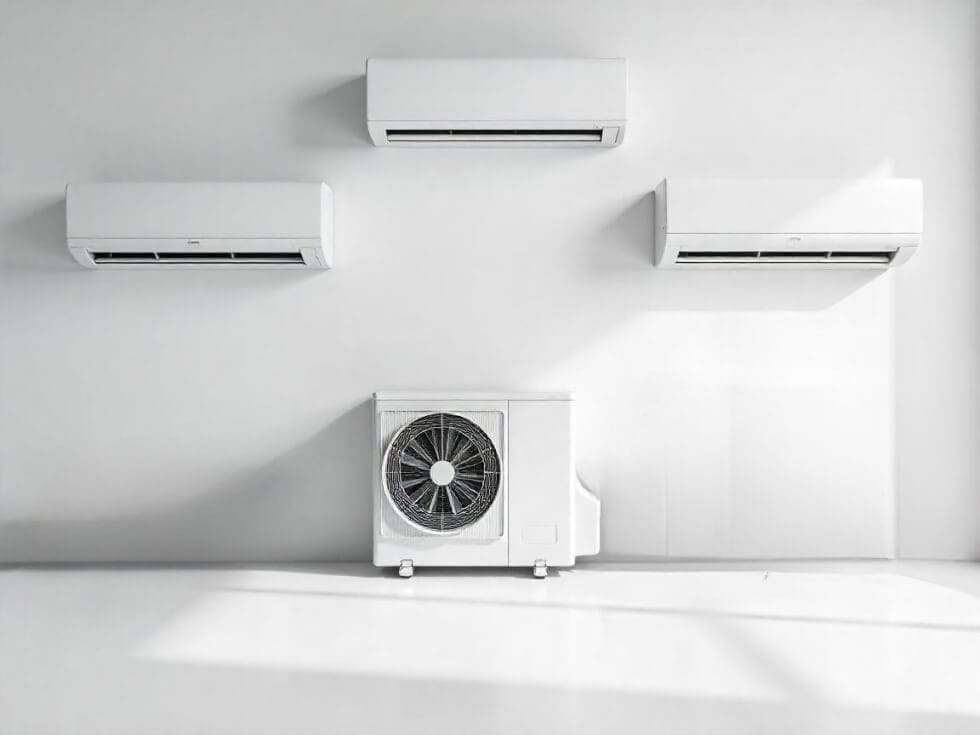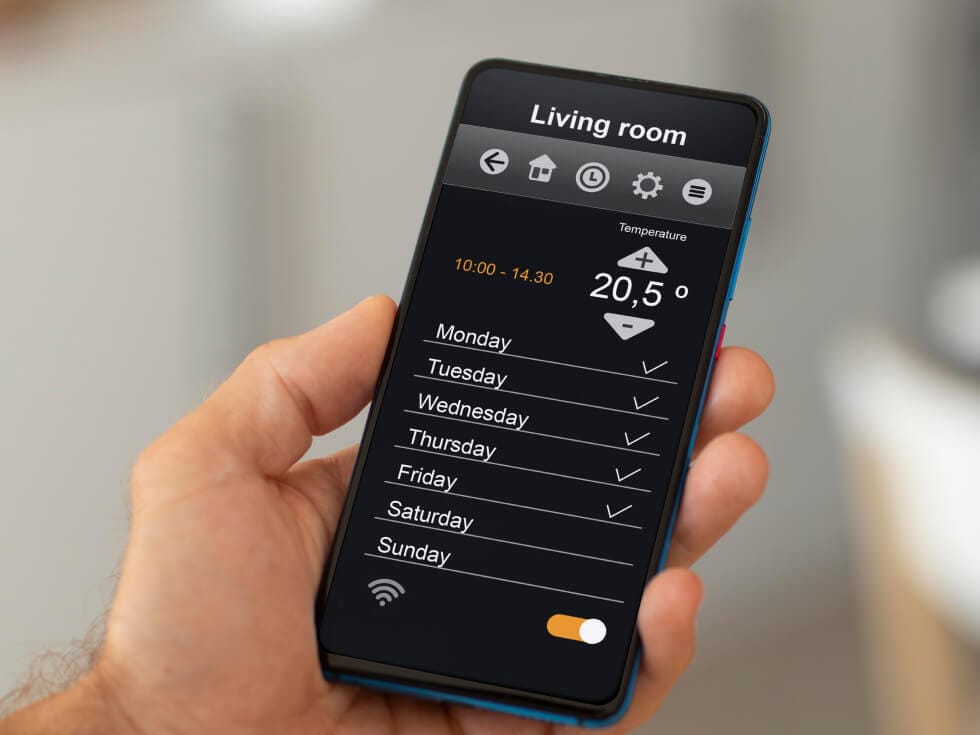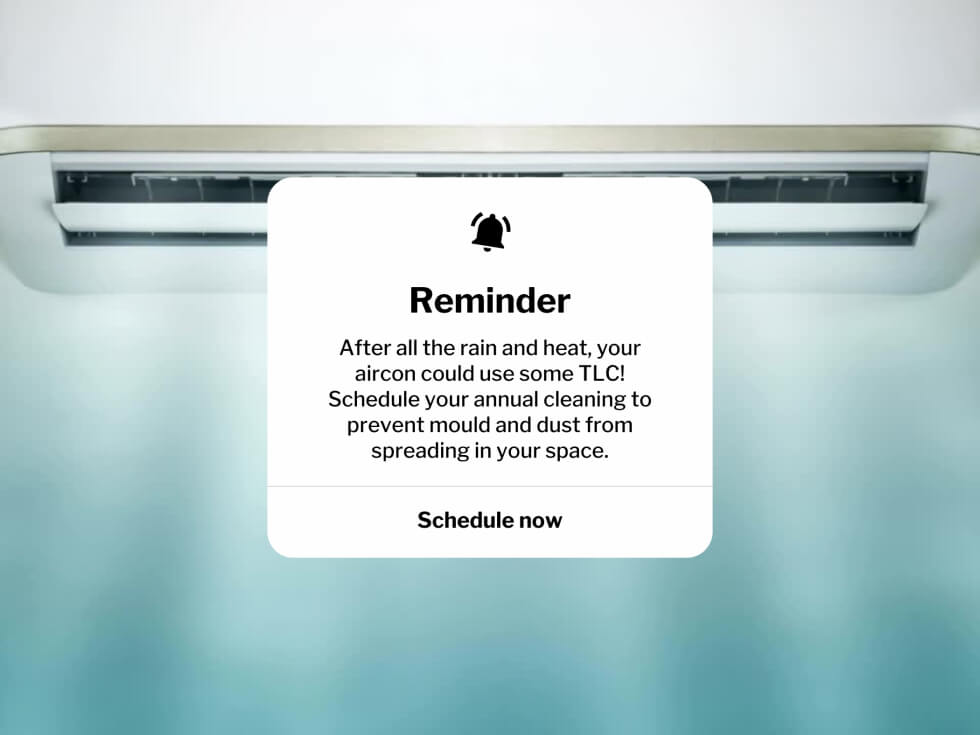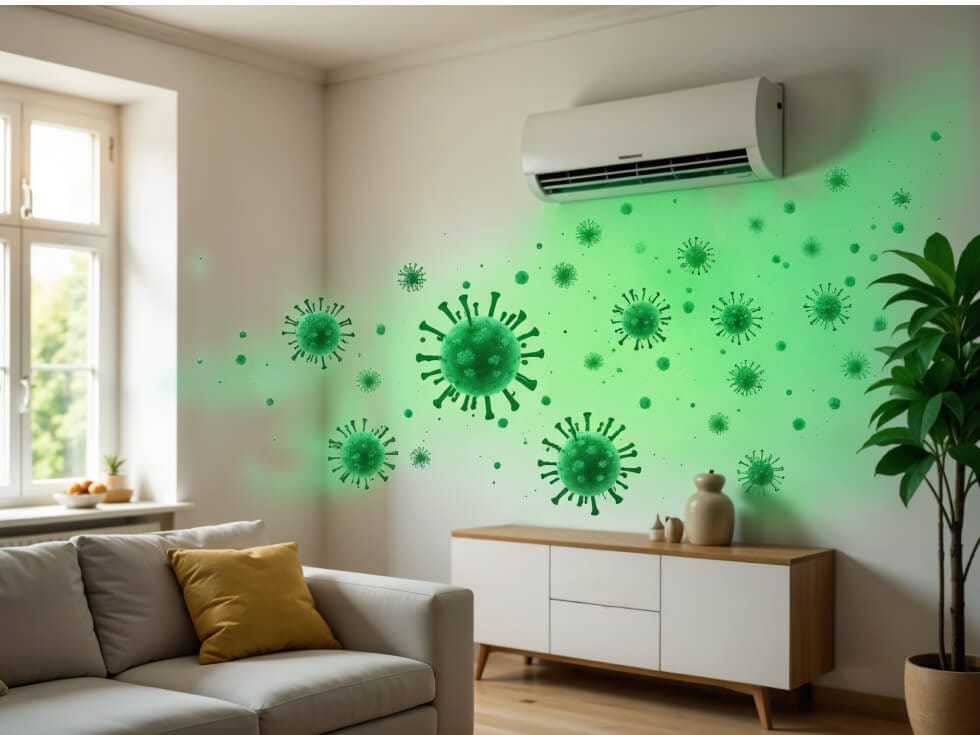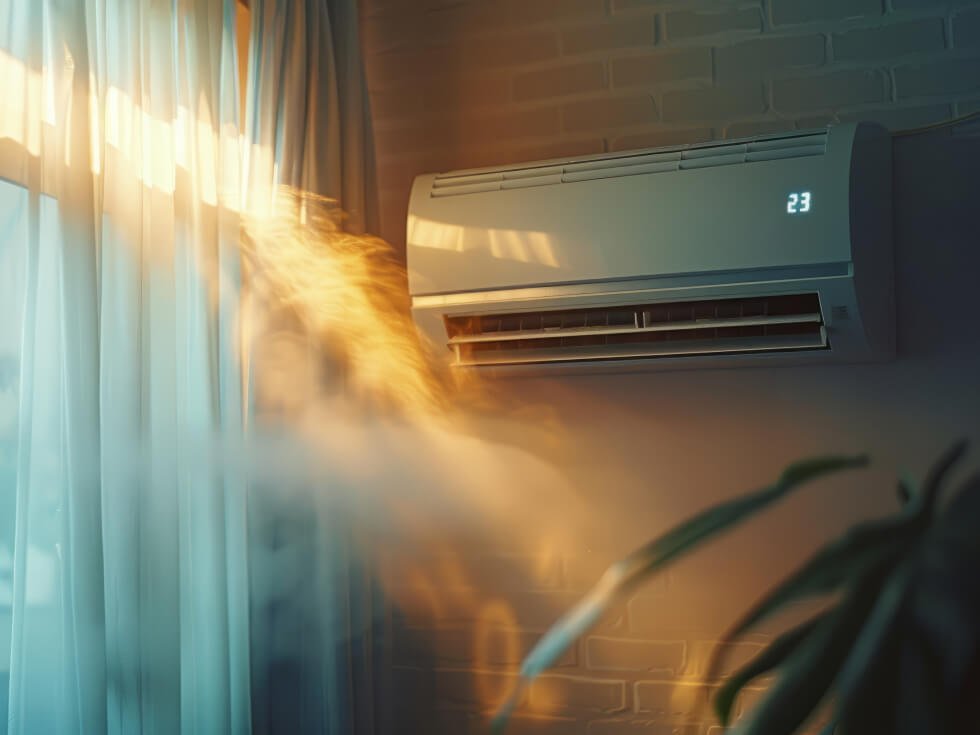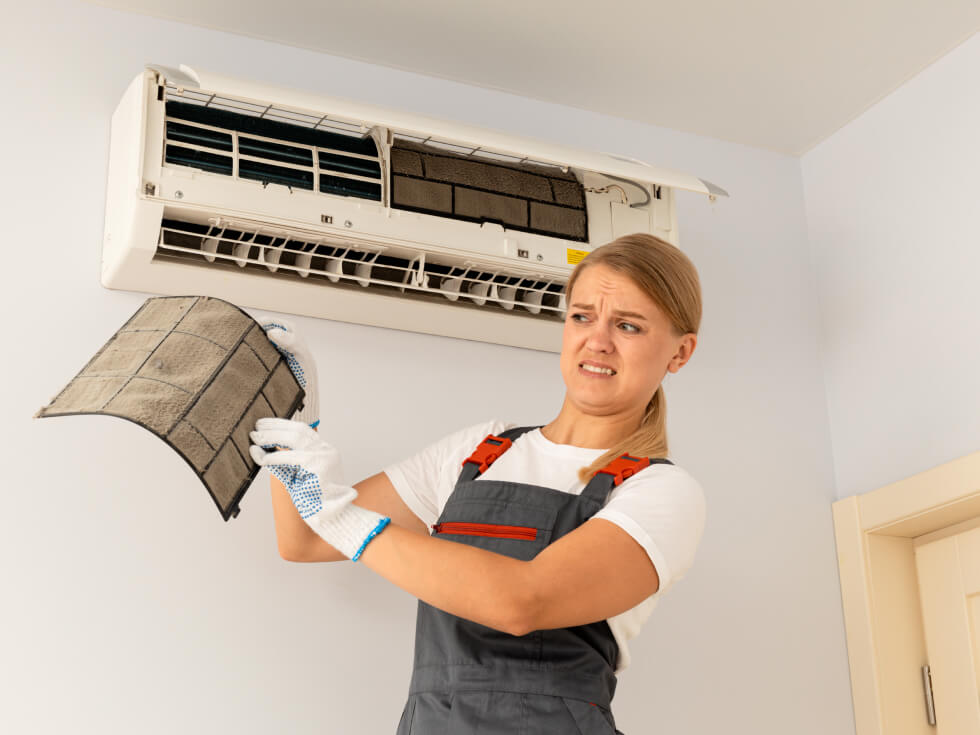Indoor air quality is often overlooked, yet it plays a crucial role in our overall health and well-being. The air in our homes can be contaminated with various pollutants, including dust, dander, VOCs, pollen, mold, smoke, and dust mites. Fortunately, having the right air conditioner can help improve indoor air quality by enhancing ventilation and air flow.
Key Takeaways:
- Air conditioners can enhance indoor air quality by improving ventilation and air flow.
- Common indoor pollutants include dust, dander, VOCs, pollen, mould, smoke, and dust mites.
- Symptoms of poor indoor air quality include dry eyes, sore throat, sinus congestion, allergies, and in severe cases, nausea and dizziness.
- Regular maintenance and cleaning of your air conditioner, and addressing leaks or moisture issues in the home, can help improve air quality.
- Individuals with asthma, respiratory conditions, or the elderly should pay particular attention to indoor air quality concerns.
The Importance of Indoor Air Quality
Indoor air quality is vital for our health and well-being. Poor indoor air quality can cause short-term symptoms like coughing, sneezing, fatigue, and irritation in the eyes, as well as aggravate underlying conditions like asthma.
Long-term exposure to indoor air pollutants can lead to serious health conditions such as respiratory and heart diseases and even lung cancer.
Symptoms of Poor Indoor Air Quality
Common symptoms that indicate poor indoor air quality include:
- Coughing and sneezing
- Fatigue and dizziness
- Irritation in the eyes
- Aggravation of asthma symptoms
Additionally, long-term exposure to indoor pollutants can have detrimental effects on our health.
Monitoring Indoor Air Quality
To ensure a healthy indoor environment, we need to monitor air quality and identify potential pollutants. Installing air quality monitors and carbon monoxide detectors can help you assess the air quality in your home and take necessary actions to improve it.
Common Indoor Pollutants
There are various indoor pollutants that can negatively affect air quality. Some of the most common ones include:
- Carbon monoxide
- Nitrogen dioxide
- Mold spores
- Dust and pet dander
Improving Indoor Air Quality
There are several methods you can employ to enhance indoor air quality:
- Improving ventilation by opening windows and using exhaust fans
- Using natural cleaners and avoiding harsh chemicals
- Preventing mold build-up by addressing leaks and humidity issues
- Regularly cleaning and vacuuming to remove dust and allergens
- Using a dehumidifier to control moisture levels
- Decorating with house plants that can help filter the air
By implementing these methods, you can create a healthier indoor environment with improved air quality.
Air Conditioning and Indoor Air Quality
Air conditioning is a crucial component in improving indoor air quality and creating a healthier living space. By effectively removing pollutants from the air and reducing moisture, air conditioning helps prevent the growth of mould and other harmful contaminants. Regular maintenance, including proper filtration and cleaning of filters and ductwork, is needed to prevent the accumulation of mould spores, dust, and other pollutants.
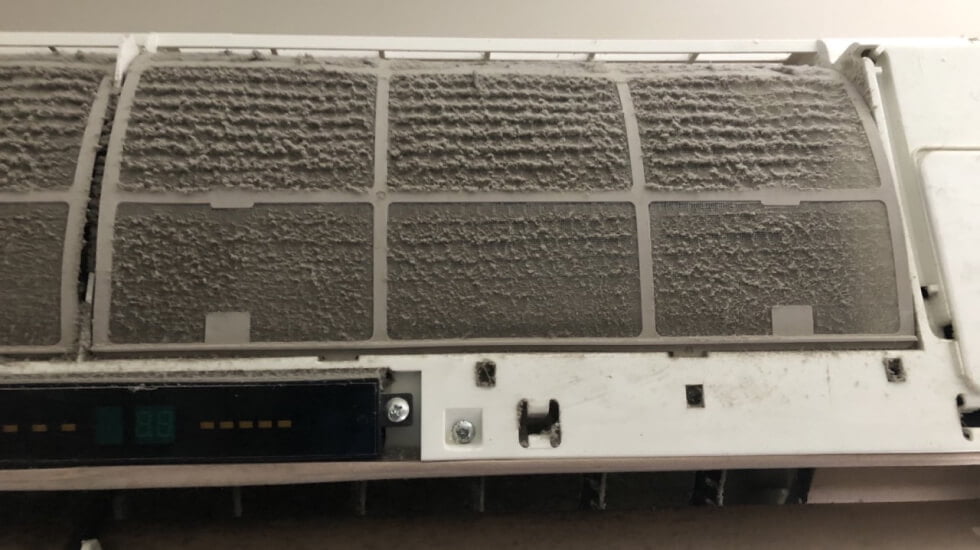
Air conditioning systems play a significant role in improving indoor air quality by filtering out harmful particles and providing clean and dry air.
In addition to removing pollutants, air conditioning also enhances ventilation by circulating and refreshing the air in a space. Opening doors and windows to allow fresh air to flow further improves ventilation.
To maintain optimal air quality, it is important to change filters regularly and clean vents to prevent the accumulation of dust and other allergens. Many people may not be aware, but it’s also possible and advisable to occasionally wash the indoor unit of an air conditioner. However, this task should be left to a qualified technician to prevent potential damage to sensitive components or electrical issues. Scheduling professional maintenance or repair by a licensed technician ensures that your air conditioning system is in good working condition and effectively filters out harmful particles.
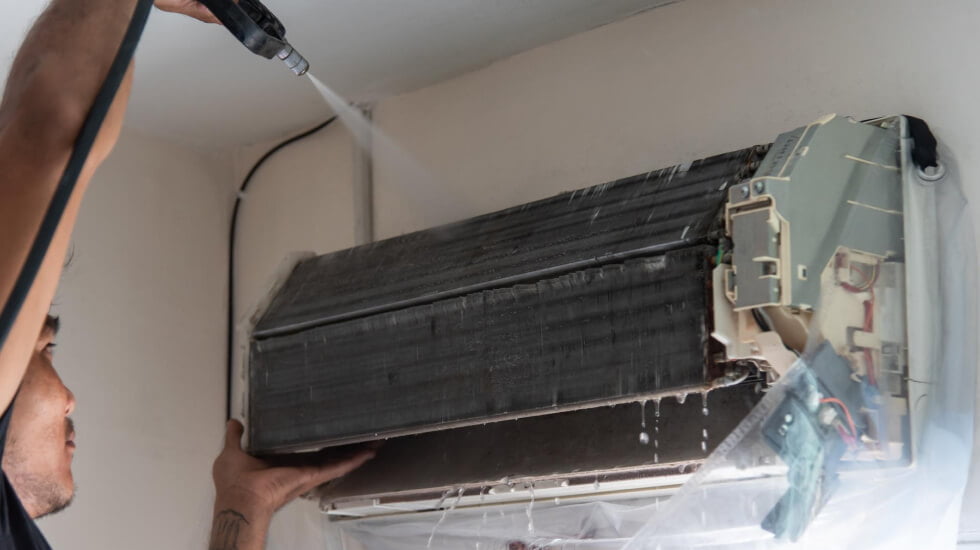
Reducing Allergy Symptoms and Filtering Harmful Particles
Using an air conditioner in good working condition can help reduce allergy symptoms and filter out harmful particles, providing clean and dry air.
The use of air conditioning is particularly beneficial for individuals with allergies or respiratory conditions. The air conditioning system filters out allergens and other harmful particles, making the indoor environment more comfortable and reducing common symptoms like sneezing and congestion. By investing in a well-maintained air conditioner, you can create a safe and healthy space for you and your loved ones.
Air Conditioner Filters
To effectively filter and clean the air, it’s important to choose the best air filters for air quality. Consider using G4 filters and HEPA-rated filters, as they can help remove dust particles, mould spores, bacteria, and other pollutants from the air.
Regularly cleaning or replacing these filters is essential to maintain optimal air quality inside your property. By doing so, you ensure that the air circulating in your home remains clean and free from harmful contaminants. Additionally, proper maintenance of your air conditioner is necessary to prevent the accumulation of mould and bacteria in areas where they can thrive.
Replacing old air conditioners after their expected life of 15-20 years can also contribute to better air quality. Older systems may be more prone to mould, bacteria, and other pollutants, so replacing them with newer models helps lower the risk.
Tips for Maintaining Good Air Quality with Air Conditioning
To maintain good air quality in your home with air conditioning, there are several tips you can follow:
- Regularly change or replace filters: Follow the manufacturer’s guidelines to ensure your filters are clean and effective. This helps prevent dust particles, mould spores, and other pollutants from circulating in your home.
- Clean vents in ducted air conditioning systems: Dust and grime can accumulate in the vents, reducing the efficiency of your air conditioning system and lowering the air quality. Regularly clean the vents to ensure proper airflow and prevent the buildup of contaminants.
- Get your air conditioner cleaned and serviced by a licensed professional: Regular maintenance is key to ensuring that your air conditioner is in top shape and effectively cleans the air. A licensed professional can inspect and clean the different components of your air conditioning system, improving its performance and air quality.
- Monitor air quality: Use air quality monitors and carbon monoxide detectors to gain valuable insights into the indoor environment. These devices can measure contaminants in the air and provide real-time information about the air quality in your home.
By implementing these tips, you can optimise air quality in your home and create a healthier living space for you and your family.
For more information on basic air conditioning maintenance, download our PDF guide:
Indoor Air Quality in Cold and Flu Season
You can reduce the likelihood of respiratory illnesses during the cold and flu season by prioritising good air quality in your indoor spaces. Proper ventilation and air circulation helps reduce the spread of viruses and bacteria in enclosed spaces, creating a healthier environment for everyone.
While it’s true that air conditioners have the potential to spread bacteria, regular maintenance and cleaning can significantly minimise this risk. Therefore, ensuring that your air conditioning system is well-maintained and operating efficiently is key. This means regularly cleaning and replacing filters, as well as scheduling professional maintenance to minimise the accumulation and spread of bacteria and other contaminants.
Conclusion
Ensuring the purity of the air within your home is crucial for your family’s health and comfort, and air conditioners can play a pivotal role in purifying the air from common pollutants such as dust, mould, and various allergens.
Regular maintenance of your air conditioning system is key to preventing the circulation of harmful particles and ensuring optimal indoor air quality. This includes routine cleaning of filters and addressing any moisture issues that could lead to mould growth. These practices are particularly important for people suffering from allergies or respiratory conditions.
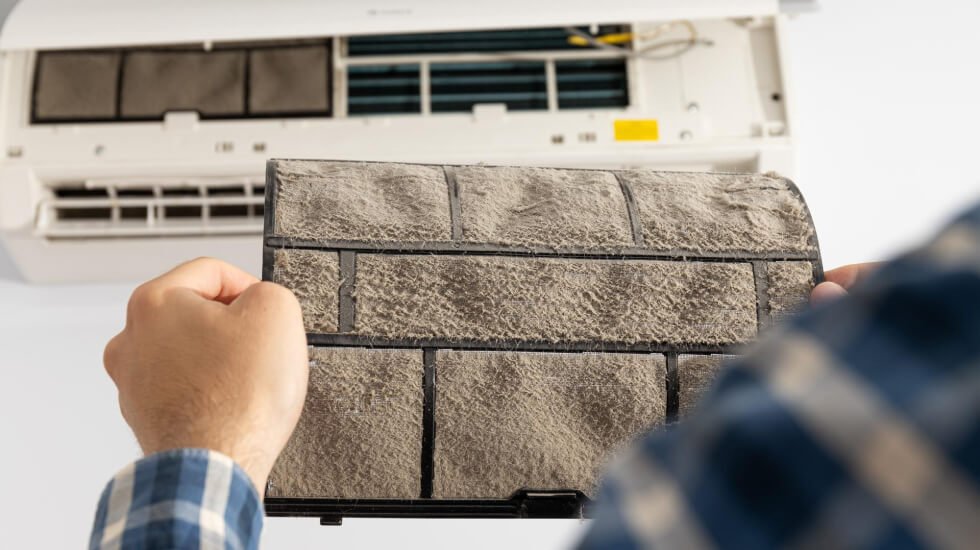
In addition to air conditioner servicing, we recommend employing air quality monitors to keep tabs on the levels of pollutants in your home. This proactive approach, combined with professional services, ensures that your air conditioning system operates efficiently, filtering out pollutants and circulating clean, fresh air throughout your living spaces.
Let us help you create a healthier, more comfortable home environment by optimising and maintaining your air conditioning system for superior indoor air quality. Call our expert team at Tenmen Electrical for upgrading, inspection or servicing your air conditioner today!

